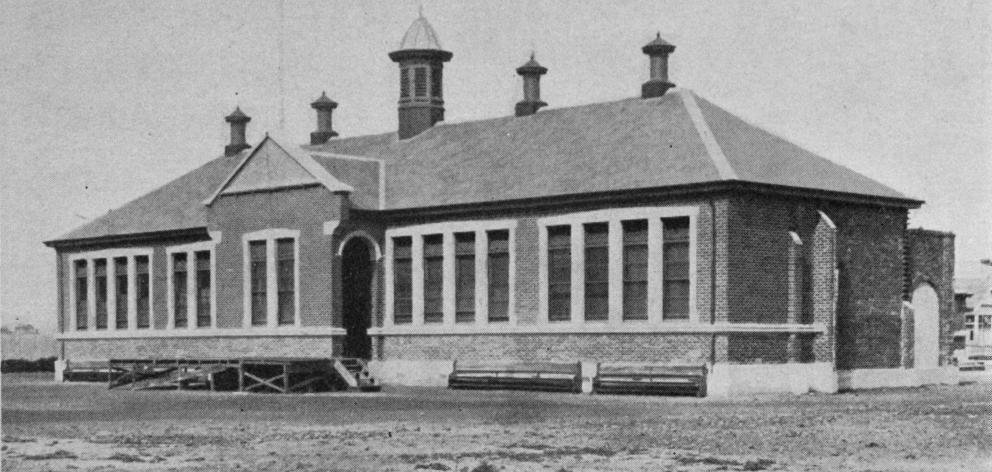
In the House of Commons, Mr Bonar Law stated that the Czar had abdicated, and the Grand Duke Michael Alexandrovitch (his brother) has succeeded him. (The Grand Duke Michael is the younger and only brother of the ex-Czar. He was born in December, 1878, and is therefore in his thirty-ninth year — just 10 years younger than the abdicated monarch.) The Central News Petrograd correspondent, under date Wednesday (March 14), says: The Government has resigned, and a Provisional Committee of the Duma has been appointed to carry on the administration. The troops have joined the people. All political prisoners have been liberated. There were many military and civilian casualties. The crisis lasted four days, but matters are now quieter.
M. Rodzianko, President of the Duma, has been appointed head of the Provisional Committee to carry on administration. There was desultory shooting in the streets of the capital on Wednesday night, but the situation is calming down. The troops at Moscow, Kharkoff, and elsewhere have joined the revolution. The Provisional Government appeals to the public for their support. The revolutionists are supported by the populace and the entire garrison, who arrested members of Prince Galitzin’s Cabinet. A trans-ocean wireless message from Berlin says: An official announcement from Petrograd states that the Duma on March 11 refused to obey the Czar’s dissolution ukase, and, because of the breakdown in the transport system and the food situation, had formed an Executive Committee, which declared itself a provisional Government and arrested all Ministers.
The Petrograd military garrison is supporting the revolution. The Duma declared that the Cabinet was no longer in existence, and appointed Deputy Engelhard, a colonel attached to the General Staff, Commander of Petrograd. The Duma issued an appeal to the population and the troops. The railways and banks have resumed their normal running, and peace and order are swiftly returning.
• A very pleasant gathering took place at Queen’s drive, Musselburgh, where Mr and Mrs A. T. Anderson held a reception at their residence of relatives and friends on the occasion of their golden wedding. This important event in their history was fittingly celebrated during the afternoon and evening of Wednesday last, when a large circle of relatives and friends from all parts of New Zealand assembled. Musical items were contributed by various friends during the afternoon, and the evening programme consisted largely of cards and music. Speeches appropriate to the occasion were made, testimony being offered to the great respect in which Mr and Mrs Anderson are held and the honourable position occupied by them as citizens of Dunedin.
A large number of very handsome presents were received. Mr and Mrs Anderson were married on March 14, 1867, by the Rev. Mr Gow, Presbyterian minister. There are six children living, 15 grandchildren, and four great-grandchildren. Mr W. Anderson (builder) is the eldest son, and Mr F. Anderson (Otago manager for the Standard Fire and Marine Insurance Company) and Mr C. Anderson (Builder) follow in order. Mr A. T. Anderson has resided in Dunedin continuously for over 50 years, and has been contractor for many of the principal business blocks in the city.— ODT, 17.3.1917.
• COPIES OF PICTURE AVAILABLE FROM ODT FRONT OFFICE, LOWER STUART ST, OR WWW.OTAGOIMAGES.CO.NZ












